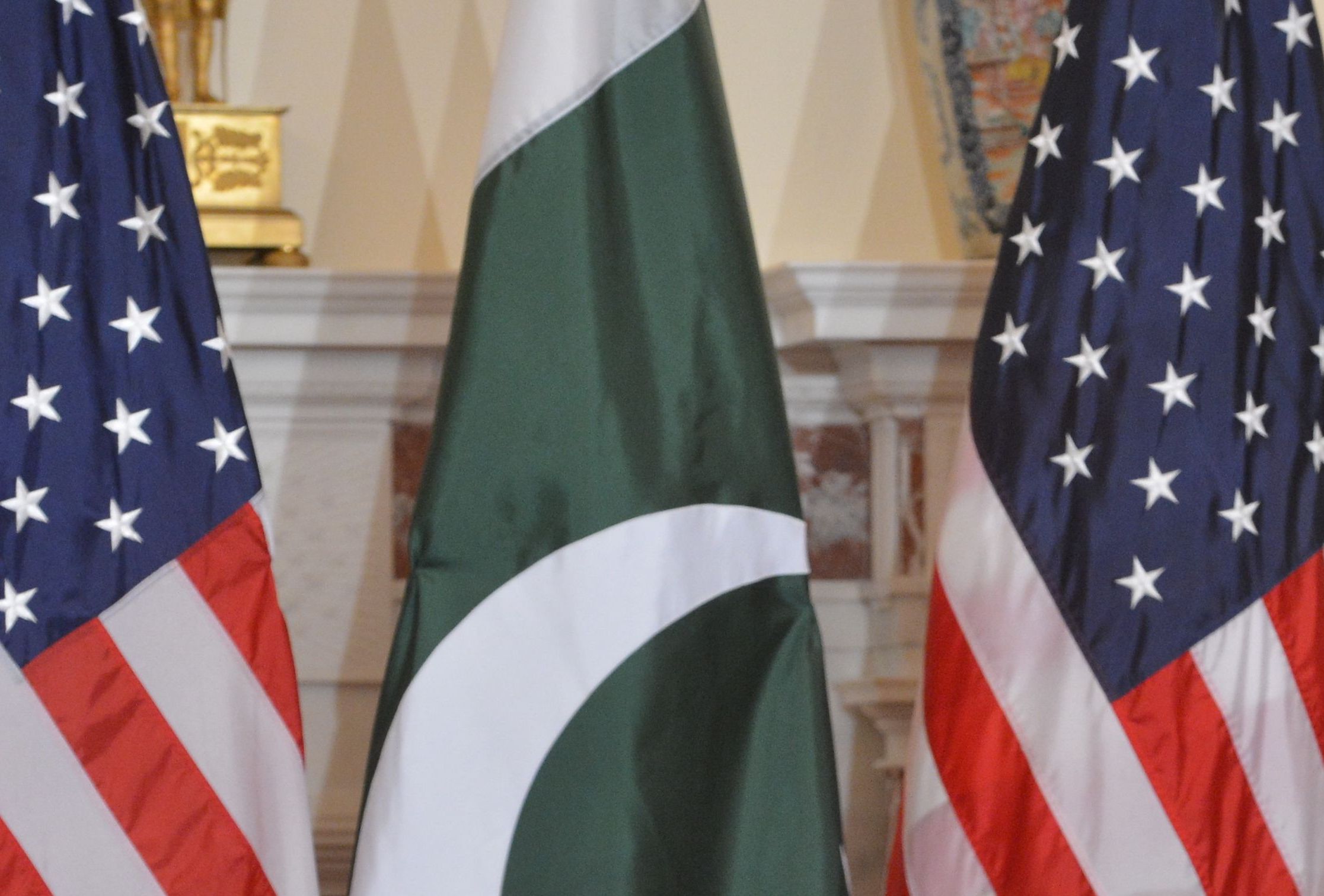Get the Generals Out of Pakistani-U.S. Relations
On Sept. 27, Pakistani Prime Minister Imran Khan penned an op-ed in the Washington Post asking the United States to stop scapegoating Pakistan. He has a point. Pakistan’s nefarious role in Afghanistan is very real, but scapegoating Islamabad also became a coping mechanism for Washington and Kabul to avoid confronting their own failures. Washington’s unhealthy reliance on Pakistan throughout its war in Afghanistan kept the relationship at a dysfunctional equilibrium, but now relations are at risk of degenerating sharply, and the two countries have only themselves to blame. Overcoming this requires both Washington and Islamabad to prioritize realistic areas of cooperation over rehashing tired narratives of blame.
Pakistan, once rattled by the United States’ arrival in Afghanistan, became comfortable with the status quo of gradual Taliban gains kept at bay by a stuck United States reliant on Pakistan’s help. Islamabad only began to show inklings of buyer’s remorse over its support of the Taliban as the U.S. withdrawal deadline grew closer.
Almost exactly one year earlier, Khan penned an op-ed in the Washington Post warning against a “hasty international withdrawal” from Afghanistan. It was a carefully worded paean to Pakistan’s efforts in bringing the Taliban to the negotiating table. Khan concluded that “bloodless deadlock on the negotiating table is infinitely better than a bloody stalemate on the battlefield.” He got the deadlocked negotiations—but the result was anything but bloodless. Afghanistan descended into a tempest of Taliban-led fighting, unclaimed targeted killings with the Taliban quick to use Islamic State-Khorasan for plausible deniability, and diplomatic gridlock.
Islamabad’s hopes for what it called a “geoeconomic reset” that would broaden relations beyond security were cast aside by a new iteration of “do more.” As the Taliban advanced, Pakistan’s purported red line for its intransigent protégé retreated from don’t restore Afghanistan to don’t enter Kabul by force. That second line was never tested as the Taliban simply moseyed into the capital following the collapse of the Afghan government.
Read the full article in Foreign Policy.
